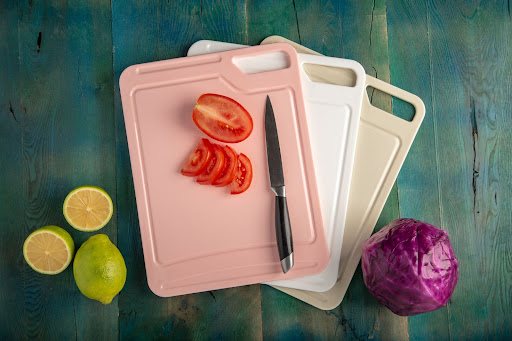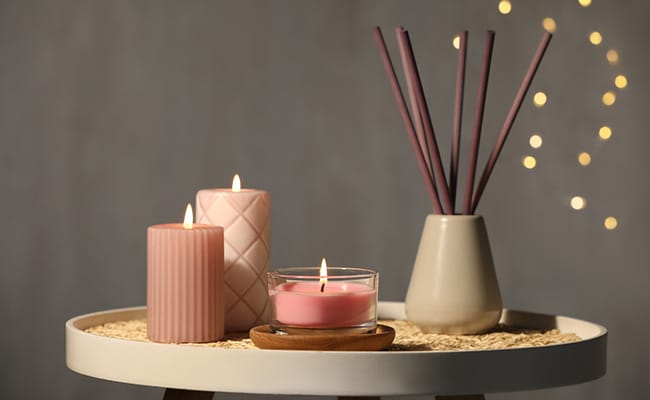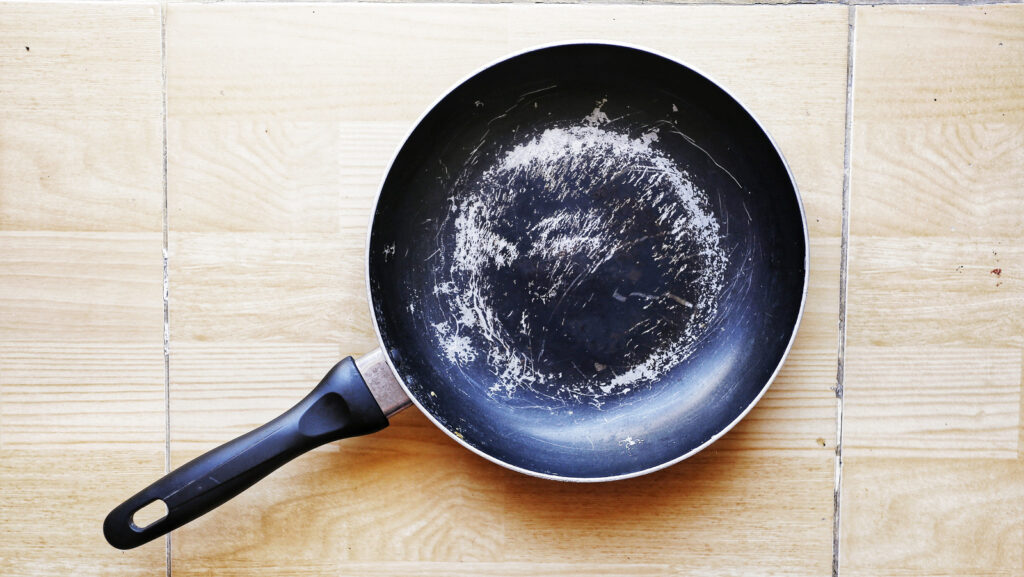AIIMS-Trained Gastroenterologist Warns Against 3 Common Household Items That May Harm Your Gut and Health

AIIMS-Trained Gastroenterologist Warns Against 3 Common Household Items That May Harm Your Gut and Health
From scented candles to cookware, certain everyday household items might be doing more harm than good — even if your home looks spotless. According to Dr Saurabh Sethi, a gastroenterologist with training from AIIMS, Harvard, and Stanford, some commonly used products can disrupt your gut health, affect your hormones, or lead to long-term wellness issues.

In a recent social media post, Dr Sethi highlighted three toxic items he believes should be replaced immediately for the sake of better digestive and overall health. Here’s what he suggests removing from your home:
- Scented candles made with paraffin wax and synthetic fragrances
Many regular scented candles are made using paraffin wax and may contain phthalates — chemical compounds that can interfere with hormones. When burned, they can release harmful particles like soot and volatile organic compounds (VOCs), which may worsen allergies, irritate the respiratory system, and even impact gut health over time. For a safer and cleaner alternative, consider switching to candles made from soy, coconut, or beeswax, especially those without synthetic scents.
2. Plastic cutting boards with knife marks
Over time, knife grooves on plastic cutting boards can lead to the release of microplastics into your food. These tiny plastic particles may accumulate in the body and pose potential long-term health risks. Dr Sethi recommends opting for cutting boards made from wood or bamboo, which are less likely to shed particles when maintained properly. While glass boards are hygienic, they can dull knives easily and may not be the most practical choice for everyday cooking.
3. Scratched or chipped non-stick cookware
Old non-stick pans, especially those made with PFOA (a chemical now largely phased out), have been linked to hormonal and reproductive issues. Even newer non-stick options, though PFOA-free, can still pose a risk if the coating is scratched, releasing microscopic particles and possibly harmful additives into your food. Safer alternatives for cooking include stainless steel, cast iron, or 100% ceramic cookware, which don’t carry the same long-term risks.

Disclaimer: This article is based on content shared by Dr Saurabh Sethi on his verified social media account.












